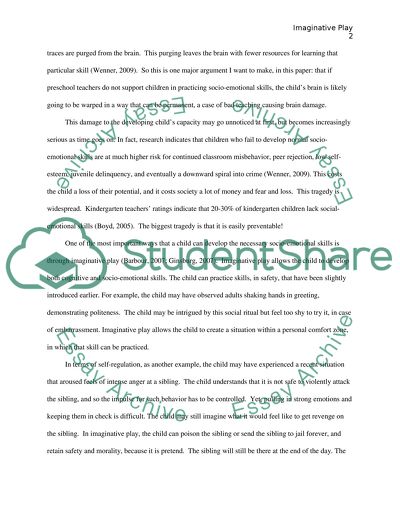Cite this document
(“Aggument for early childhood education socio-emotional support Essay”, n.d.)
Aggument for early childhood education socio-emotional support Essay. Retrieved from https://studentshare.org/english/1438028-aggument-for-early-childhood-education-socio-emotional-support
Aggument for early childhood education socio-emotional support Essay. Retrieved from https://studentshare.org/english/1438028-aggument-for-early-childhood-education-socio-emotional-support
(Aggument for Early Childhood Education Socio-Emotional Support Essay)
Aggument for Early Childhood Education Socio-Emotional Support Essay. https://studentshare.org/english/1438028-aggument-for-early-childhood-education-socio-emotional-support.
Aggument for Early Childhood Education Socio-Emotional Support Essay. https://studentshare.org/english/1438028-aggument-for-early-childhood-education-socio-emotional-support.
“Aggument for Early Childhood Education Socio-Emotional Support Essay”, n.d. https://studentshare.org/english/1438028-aggument-for-early-childhood-education-socio-emotional-support.


